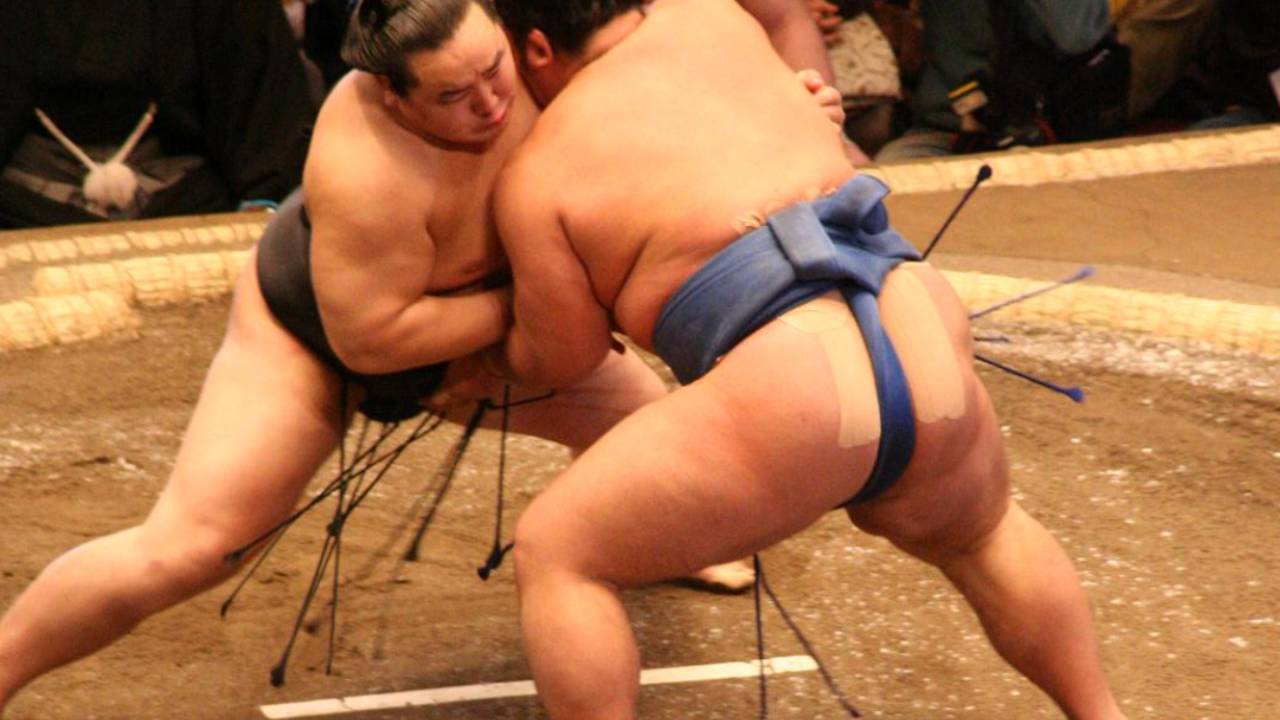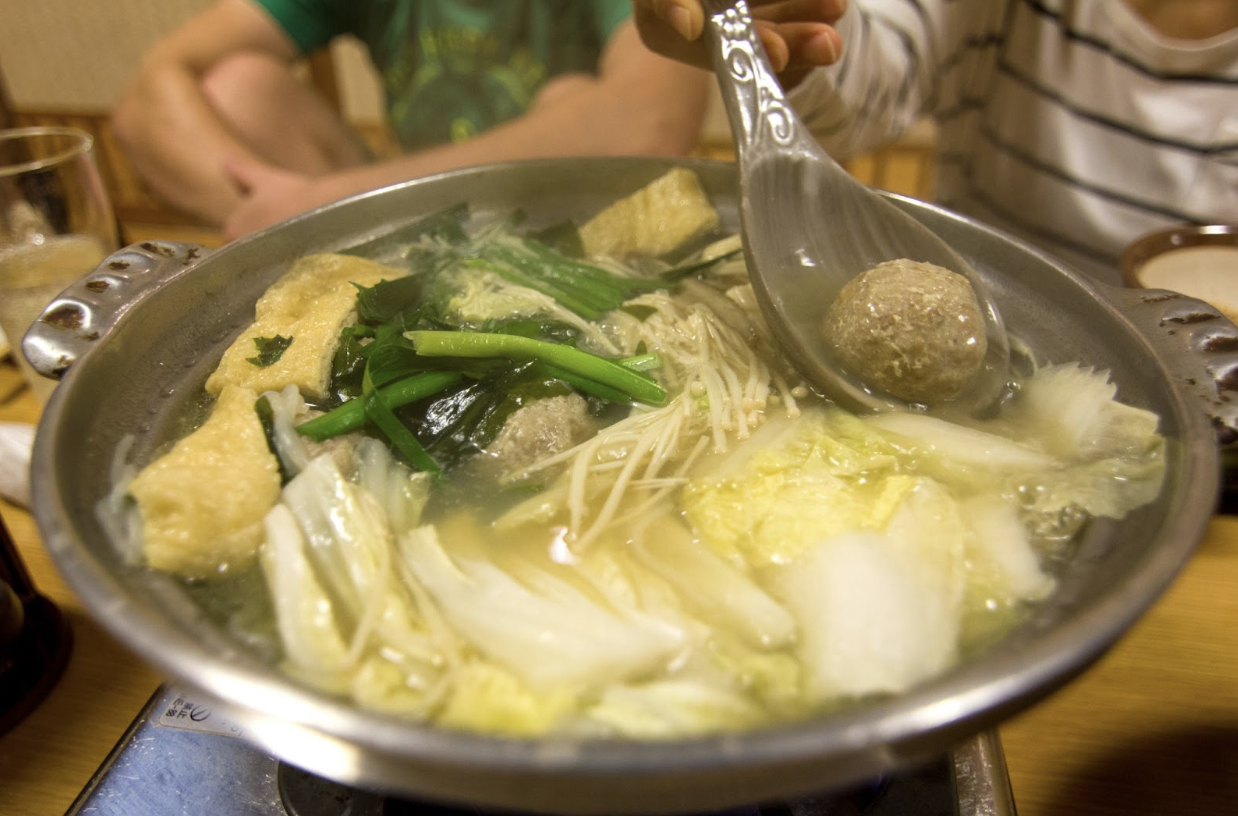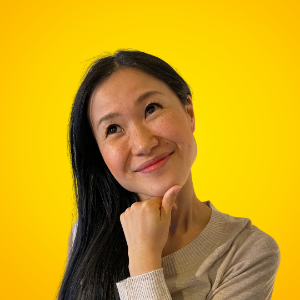Sumo wrestlers: origin and interesting facts

📚 History of Sumo Wrestling 相撲
Sumo wrestling, Japan's national sport, is full of rich traditions and has been around for over 1,500 years. It is said that Sumo started as a ritual dance to entertain the Shinto gods. So interesting 😲
(image via wikipedia)
- Early Beginnings: Sumo has its roots in ancient Japanese mythology, where gods wrestled to show their strength and ensure good harvests. The first recorded match happened way back in 23 B.C., but sumo started to get more organized during the Nara period (710-794 A.D.).
- Heian Period: During the Heian period (794-1185 A.D.), sumo was popular among the samurai, who used it for training. Official matches were held at the Imperial Court, and the sport developed the rules and rituals that are still followed today.
- Modern Era: Sumo began to look more like the sport we know now in the Edo period (1603-1868 A.D.). Professional stables (heya) and the dohyō (wrestling ring) were introduced. Today, the Japan Sumo Association 日本相撲協会 oversees the sport, keeping its traditions alive while promoting it worldwide.
🤼 Sumo in Modern Japan

(image from wikipedia)
Sumo is not just a sport but a cultural phenomenon in Japan. Here are some fun info about contemporary sumo life:
- Training Stables: Wrestlers live and train in stables (heya), following a rigorous daily routine that includes early morning practices, communal meals, and chores.
- Diet: A typical sumo diet includes a high-calorie dish called chanko-nabe ちゃんこ鍋, a hot pot stew full of protein and vegetables. Wrestlers eat this to build muscle mass, usually paired with large quantities of rice.
- Ceremonial Elements: Sumo matches are rich in tradition. Before each match, wrestlers perform rituals like salt-throwing to purify the ring and stomping to drive away evil spirits.
- Fan Engagement: Sumo has a dedicated fanbase in Japan, they are considered national celebrities🤩 Major tournaments (honbasho) are held six times a year, drawing large crowds and intense media coverage.
Your Sensei,
Hikari 👩🏻🏫
Join my ニュースレター Newsletter 📩
You can expect an email from me once a week about Japanese culture.
Don't worry, your information will not be shared.
We hate SPAM. We will never sell your information, for any reason.




